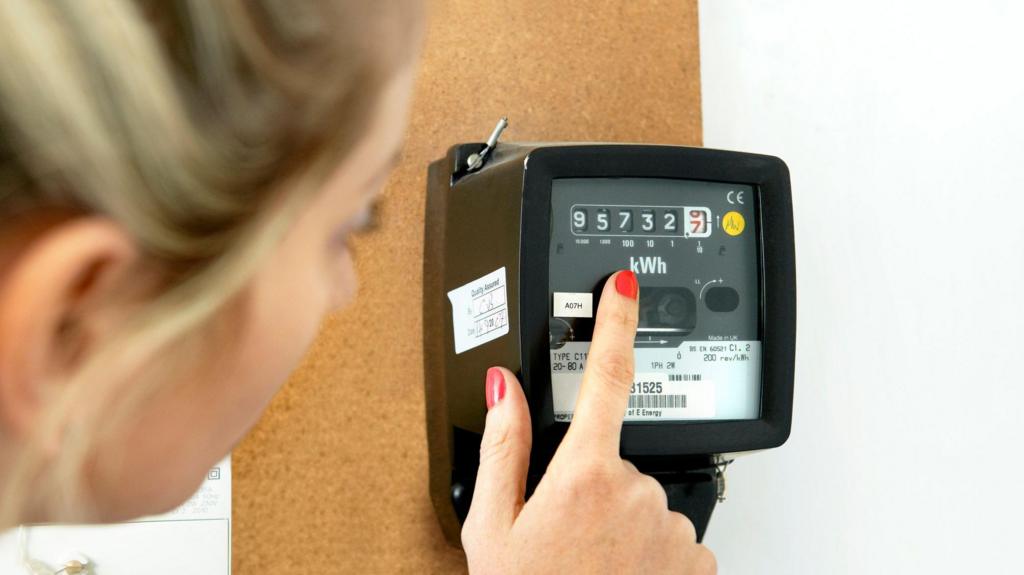Hundreds of thousands of people face the possibility of losing access to hot water or heating as outmoded electricity meters are decommissioned.
Energy suppliers acknowledge replacing all Radio Teleswitching System (RTS) meters with smart meters before the technology’s end-of-life on 30 June will be “very, very difficult.”
Advocacy groups estimate that in excess of 300,000 households risk either losing control of their heating or being left with systems running constantly—an issue energy regulator Ofgem has described as “an urgent consumer welfare issue.”
The government has called on industry to “work urgently to continue to increase the pace of replacements.”
Since the 1980s, RTS meters have relied on a longwave radio frequency to facilitate switching between peak and off-peak electricity rates.
With this technology becoming obsolete, suppliers have been given until 30 June to migrate affected customers to new meters.
By the end of March, an estimated 430,000 homes still depended on RTS meters for heating and hot water, according to trade body Energy UK.
Currently, more than 1,000 RTS meters are being upgraded every day, Energy UK reports.
However, this daily rate would need to surge to around 5,000 meters to reach all affected households in time.
Ned Hammond, Deputy Director for Customers at Energy UK, told BBC Radio 4’s You and Yours that while the upgrade rate is increasing, “we’d need to scale up significantly to replace all the meters by the end of June.”
Asked if switching every RTS meter by 30 June was impossible, he replied: “I wouldn’t want to say impossible—but clearly, it is very, very difficult to achieve that.”
Simon Francis, coordinator for the End Fuel Poverty Coalition, said Energy UK’s figures indicate more than 300,000 households could be left with non-functional meters from 1 July.
He warned: “With growing pressure on the replacement programme and a shortage of engineers, especially in rural regions, the risk of extended disruption is real—particularly for vulnerable households.”
RTS meters generally control heating and hot water on dedicated circuits; therefore, plug sockets and lighting should remain unaffected after the switchover, Ofgem stated.
Originally, RTS network shutdown was slated for March 2024, but the deadline was extended to allow suppliers more time for replacements.
Despite ongoing challenges, firms remain committed to the 30 June deadline, Hammond noted, and are preparing for a “managed and very careful phase down of the system,” with a focus on protecting vulnerable customers.
One significant hurdle is public distrust of smart meters. The BBC has previously reported that smart meters’ reliability can vary widely according to location.
Jane, from Norfolk, told the BBC she uses an RTS meter and does not wish to switch, stating she feels compelled to accept a smart meter against her will while relying on an Economy 7 tariff.
“It’s not yet mandatory to have one. I really, really don’t want one. I’m perfectly happy with the system I have,” she said.
Another resident, Diane Gray from near Cockermouth, Cumbria, uses RTS for her home’s heating and hot water on Economy 7, but her supplier originally informed her that no compatible smart meter was available for her setup.
In December, Diane received a letter saying: “At the moment we’re not able to install a new meter in your home that works with your current meter’s heating set up. Please bear with us. We are working hard on a solution for your meter type.”
She has since been notified a smart meter is scheduled for installation in early June.
“I really have no idea what will happen,” she told the BBC.
“It’s very worrying. They’re doing it in summer, but I just hope there’s a solution in place before heating is needed in the winter.”
Ofgem advises that if your supplier cannot fit a smart meter, they must install a “suitable meter” to ensure continuing service without disruption.
According to Ofgem, you may have an RTS meter if:
The Tawny estate’s management claims that the new solar farm will generate sufficient electricity to fully meet their needs.
An anticipated drop in energy costs could reverse three consecutive rounds of price cap increases.
Borders councillors have decided not to challenge proposals for tens of thousands of solar panels in the Lammermuir Hills.
An application rejected last year by Vale of White Horse District Council was later overturned.
The pause represents a significant setback for the US wind energy sector, an industry previously targeted by President Trump.

